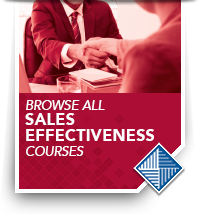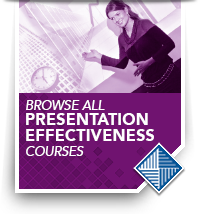 The rules of running meetings have changed! Organizations and teams are spread out more than ever. Online, or virtual meetings, save costs; help bring busy, dispersed employees together, and are convenient for everyone.
The rules of running meetings have changed! Organizations and teams are spread out more than ever. Online, or virtual meetings, save costs; help bring busy, dispersed employees together, and are convenient for everyone.
One thing that hasn’t changed: The relationships managers establish, bonds they build, and bridges they create still form the foundation for productive engagement. Relationships are necessary for success – no matter where meeting participants are located or how they’re reached.
With that in mind, there are 5 of sensible steps that make virtual meetings extremely beneficial for everyone – including the manager.
1. PREP WORK
- Create the meeting room (link), confirm the room is ready
- Email attendees with purpose in subject line; provide link, duration and technical details
- Rehearse; learn the tools and click on everything!
- Show attendees their tools and how to participate
- Keep it lively: a web site share, a poll, or whiteboard activity
- Promise to start and end on time
- Open with the purpose and time frame
- Clarify the key issues and goals
- Encourage an open environment and participation
3. GREAT MIDDLE
- Frequently summarize discussion
- Remind yourself digital messages are still received on an individual level.
- Resist telling others what you want; instead express a genuine interest in what they want
- Work to attract others to your point of view rather than push them. As Dale Carnegie puts it: Show you’re genuinely interested in other people
- Examine the purpose of communications. People are more likely to embrace messages that offer mutual benefit
- Show respect for the opinions of others and disagree in an agreeable way
- People will detect your smile, even on social networks. Your voice is your smile. Attend to your words, tone and display of emotion
- Know and remember other peoples’ names as a key to your success. Hearing their name is the sweetest and most important sound in any language, Dale Carnegies points out
- When you hear a name, fix it in your mind with the person you have met. Write it down, concentrate and focus on its visual impression
4. WISE NAVIGATION
- Make digital messages meaningful by removing a personal agenda; do this by talking in terms of other people’s interests
- Resist agreeing with someone else’s critical message. The object of that criticism could someday be linked to your success
- Remember people feel that written words are permanent. Avoid writing reactionary emails, tweets, texts or posts. If you feel upset or frustrated, calm yourself before communicating to anyone. Digital media creates a permanent record
- Give people what they want most —to be heard and understood. Listen effectively and consistently to build your personal power to change the hearts and minds of others
- Listening builds a solid bridge for lasting connections; let the others do most of the talking
- Remember it’s not about you – it’s about them. One way: Let someone else feel an idea or solution is theirs
- Action springs from what we fundamentally desire. When we understand the core desires of others, we have the heart to influence them to action


